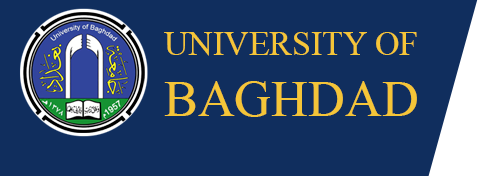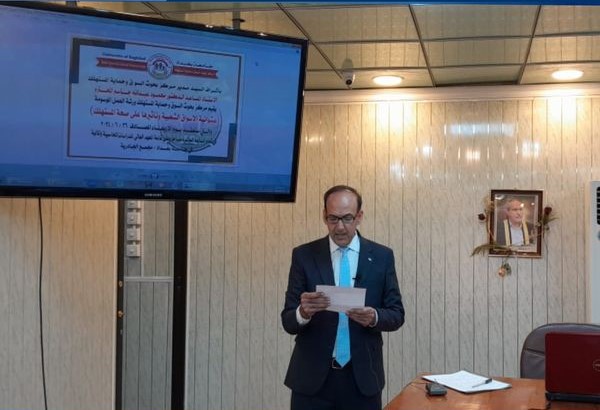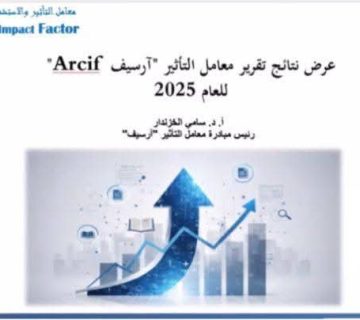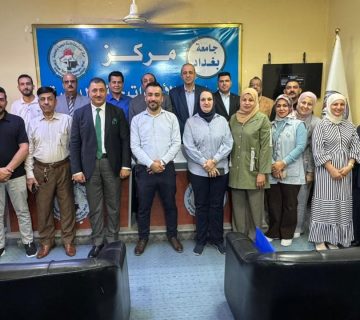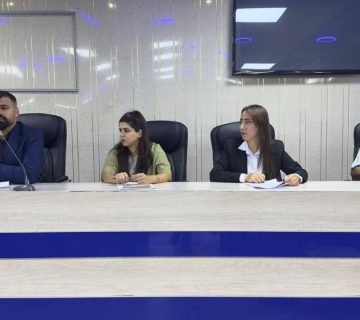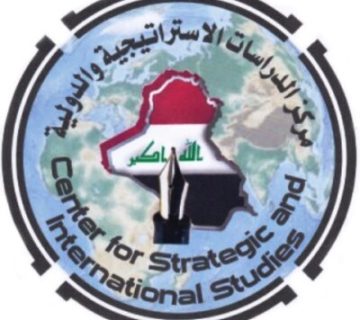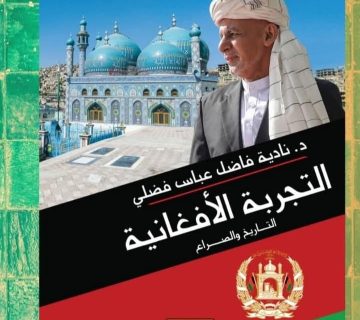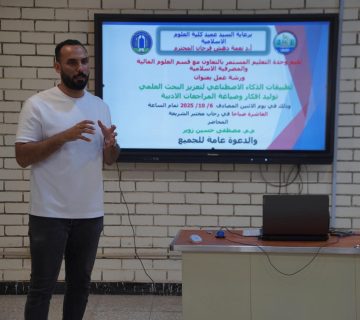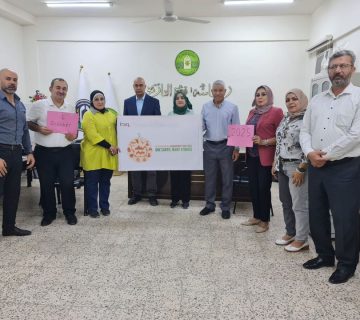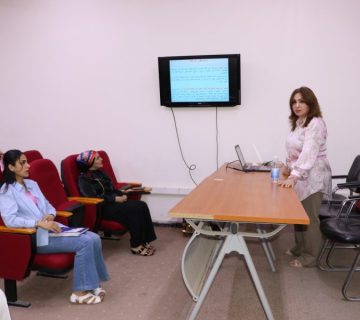The Market Research and Consumer Protection Center at the University of Baghdad held a workshop titled “The Randomness of Popular Markets and Its Impact on Consumer Health.”The workshop included several scientific lectures, starting with a lecture on “The Environmental and Health Impact of the Randomness of Popular Markets in Baghdad,” prepared by a research team from the Market Research Center and delivered by Dr. Bashir Ismail Mahmoud, a faculty member and the center’s media officer.
This was followed by a lecture titled “The Role of Health Surveillance in Monitoring and Detecting Unauthorized and Random Shops” by Dr. Israa Ali Abdullah from the Public Health Department, Health Surveillance Section, at the Ministry of Health. Dr. Somaya Laij Jassim from the Baghdad Municipality, Urban Planning Department, then delivered her lecture titled “The Problem of Popular Markets in the City of Baghdad – Proposals and Solutions.” Following this, Dr. Abeer Abdul Saleh from the Ministry of Industry and Minerals, Industrial Research and Development Authority, at the National Center for Packaging, discussed “The Importance of Packaging for Manufactured Food Products Available in Popular Markets.”
Next, Ms. Zainab Yasser Abdul from the Ministry of Labor and Social Affairs at the National Center for Occupational Health and Safety delivered a lecture on “The Informal Sector and Its Impact on Worker Health and Safety.” Finally, Assist.Lecturer. Fadhil Malik Fadhil from the National Center for Population and Demographic Studies at the University of Baghdad presented a lecture on “Random Markets: Issues and Solutions.
The workshop concluded after a series of scientific lectures addressing the important issue of random markets in Baghdad and their negative impacts, both health-wise and visually, which reflect a tangible reality affecting the capital and all segments of society. Based on the lectures delivered by the researchers, the workshop reached a set of recommendations. These will be consolidated and prepared by the Market Research Center and submitted to the relevant authorities to provide a future perspective on this issue.
